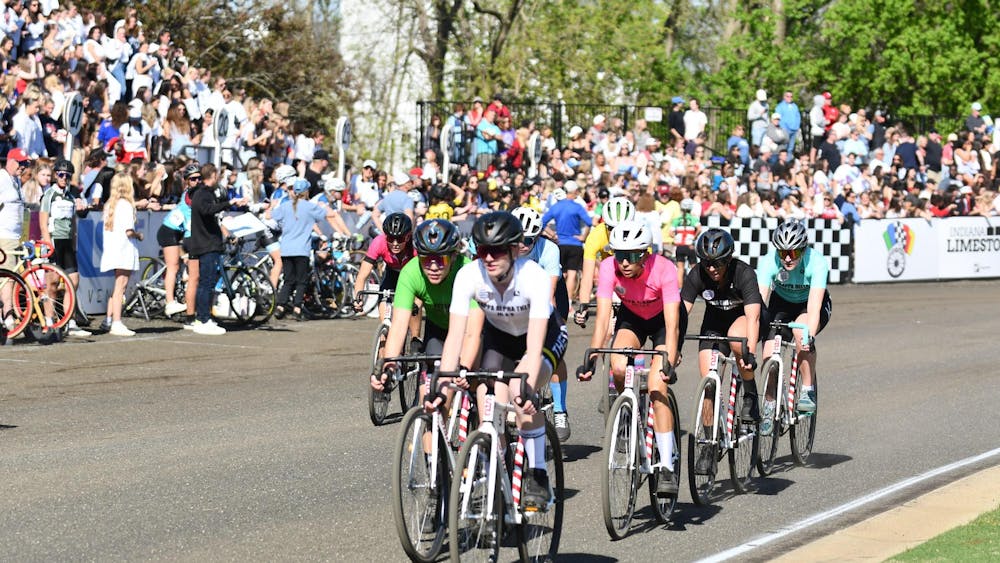Amid the recent onslaught of Supreme Court decisions, one case was buried deep.
The June 17, 5-4 ruling of Salinas v. Texas concerns a 20-year-old case in which Genovevo Salinas was asked informal questions by police regarding the murder of two brothers in Houston.
After answering a few questions, Salinas fell silent when asked if his shotgun would match shells recovered at the scene.
In court, the prosecution used this silence as indication of his guilt. Salinas argued this violated his Fifth Amendment right of protection against self-incrimination, however, the Court ruled differently.
Salinas was convicted, the Court determined the evidence used to convict was upheld.
Associate Justice of the Supreme Court Samuel Alito’s plurality opinion was, “Before petitioner could rely on the privilege against self-incrimination, he was required to invoke it.”
Salinas did not invoke this privilege at the time of the informal questioning.
Frances Watson, a professor at IUPUI’s Robert H. McKinney School of Law, believes the ruling could be dangerous to citizens’ constitutional rights.
“The plurality opinion is that he hadn’t invoked his right verbally,” Watson said. “Simply by being silent, he hadn’t invoked his Fifth Amendment claim.”
Watson added that this could apply a chilling effect to our Fifth Amendment rights. A chilling effect is a discouragement of the legitimate exercise of legal rights by the threat of legal sanction.
She did, however, recognize potential benefits to this ruling.
“The State believes it will gain evidence to convict people and get the bad guys,” she said.
Though trying to see some of the benefits, Watson believes the detriments outweigh this possible boon.
“One fear is that it allows police to manipulate suspects into incriminating themselves with their silence,” she said. “If you are arrested, you have to be told your rights, but if not, you don’t have to.”
Watson believes this could lead to more informal questionings where it becomes the suspect’s word against the police. In Indiana, this is less of a problem since Rule of Evidence 617 requires such questionings to be electronically recorded.
“This way the jury can see the silence,” Watson said. “They can observe how it was presented. But most lawyers will still say to people, ‘err on the side of caution and don’t talk to the police.’”
Watson is still unsure of how this decision will affect future rulings.
“This was a split decision,” she said. “Four of the top legal minds in the nation disagree and say there is no formula to invoking your Fifth Amendment privilege.”
Watson thinks more laws like 617 and police recordings in general would help maintain people’s rights.
“I would have more support for the decision if, when the police had started asking questions, they had used a recorder,” she said. “That way the court can judge it for themselves.”
Court ruling threatens silence
Get stories like this in your inbox
Subscribe





